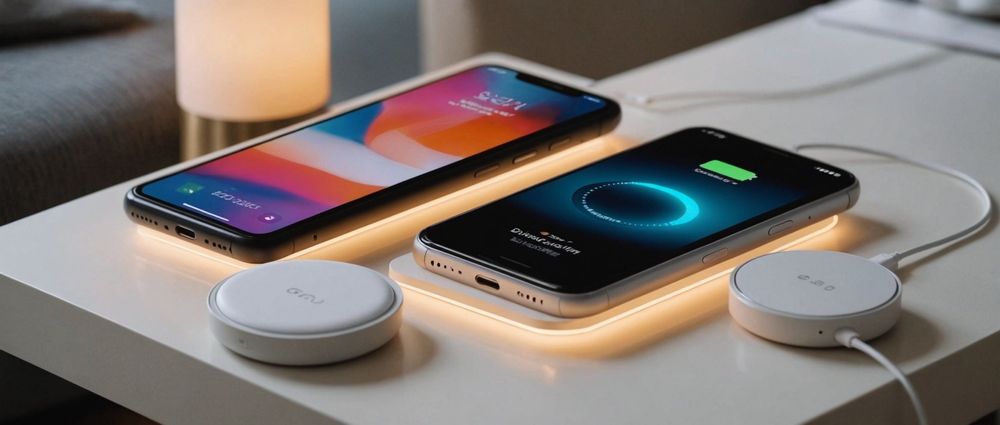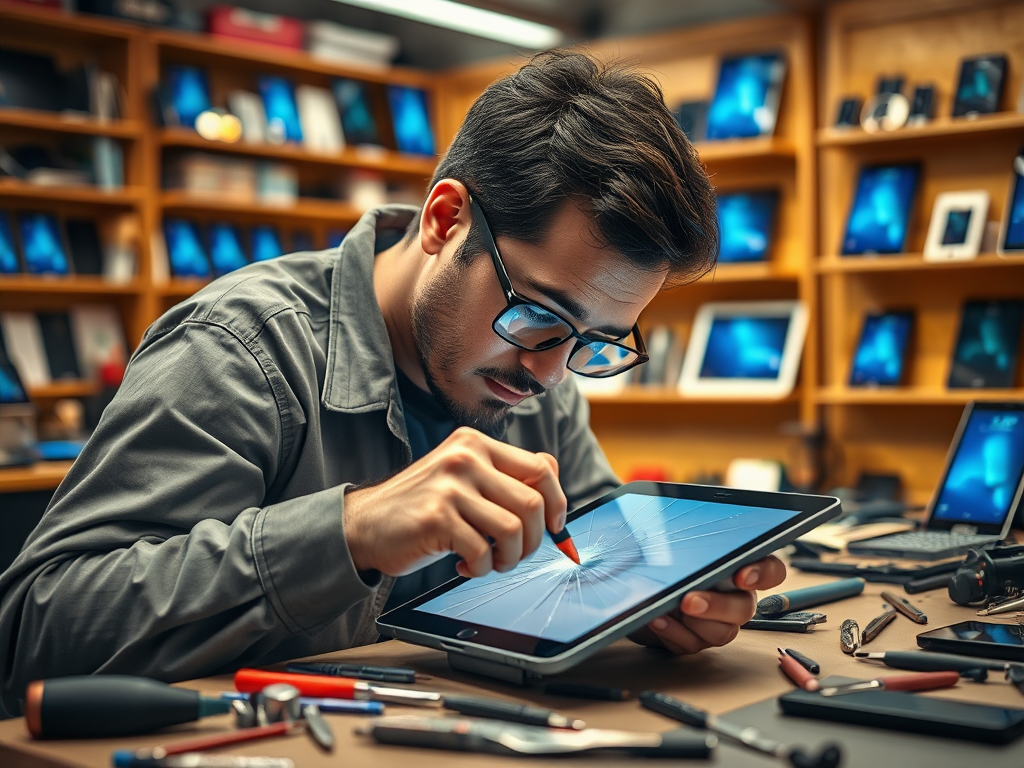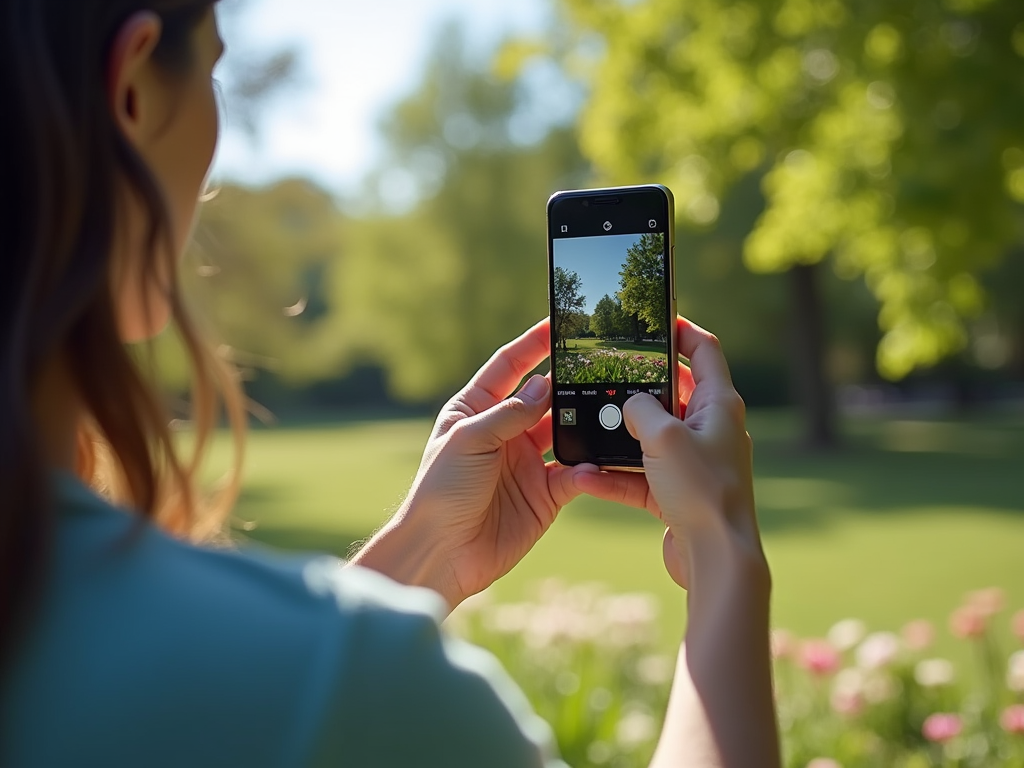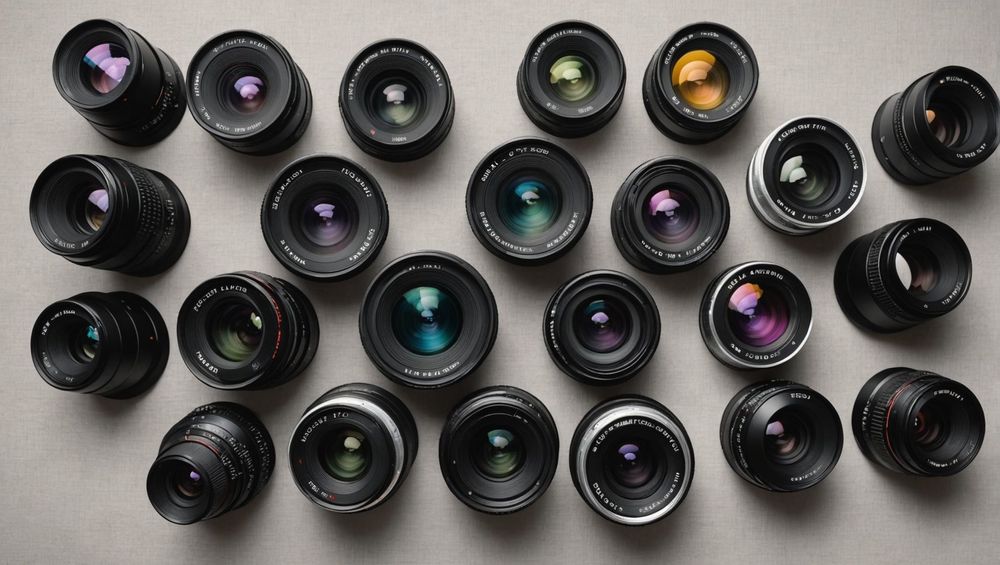In an age where smartphones are an integral part of daily life, understanding the various types of phone chargers is crucial. This article will explore five different phone charger types, their compatibility with devices, charging speeds, and other important features. Whether you’re looking to replace an old charger or upgrade to a faster option, this guide will provide you with all the essential information. By the end of this read, you’ll be well-equipped to choose the right charger for your needs.
1. USB-A Chargers
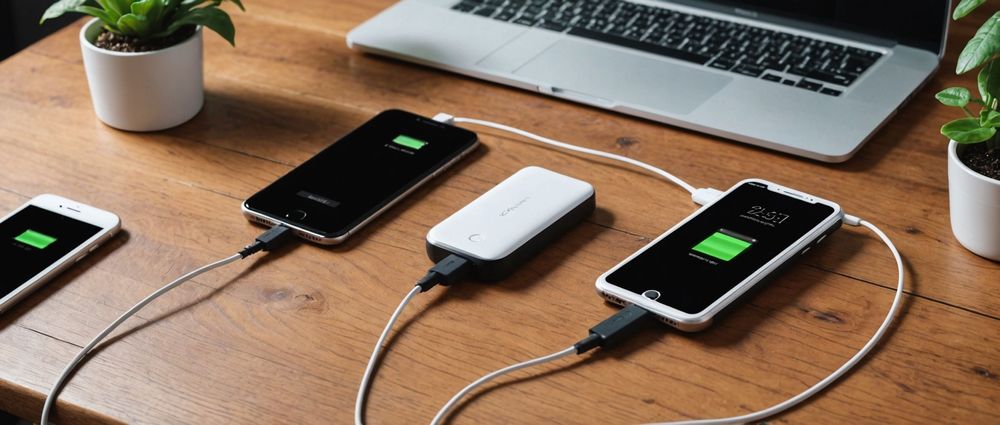
USB-A chargers are the traditional charging cables that have been widely used for various devices over the last couple of decades. Characterized by their flat, rectangular connector, these chargers typically connect to USB ports in wall adapters, laptops, or power banks. While their simplicity makes them easy to use, USB-A connectors are now somewhat outdated compared to newer technologies. One of the main limitations of USB-A is that it generally supports slower charging speeds, typically around 5V/1A. However, different variations exist that can provide slightly higher currents.
USB-A chargers are compatible with a wide range of devices, including older smartphones, tablets, Bluetooth devices, and certain gaming controllers. To ensure optimal performance, you should always match the charger with the device’s specifications. Although this charger type is becoming less common, you may still find it useful, especially if you own older devices or accessories that require this connection.
2. USB-C Chargers
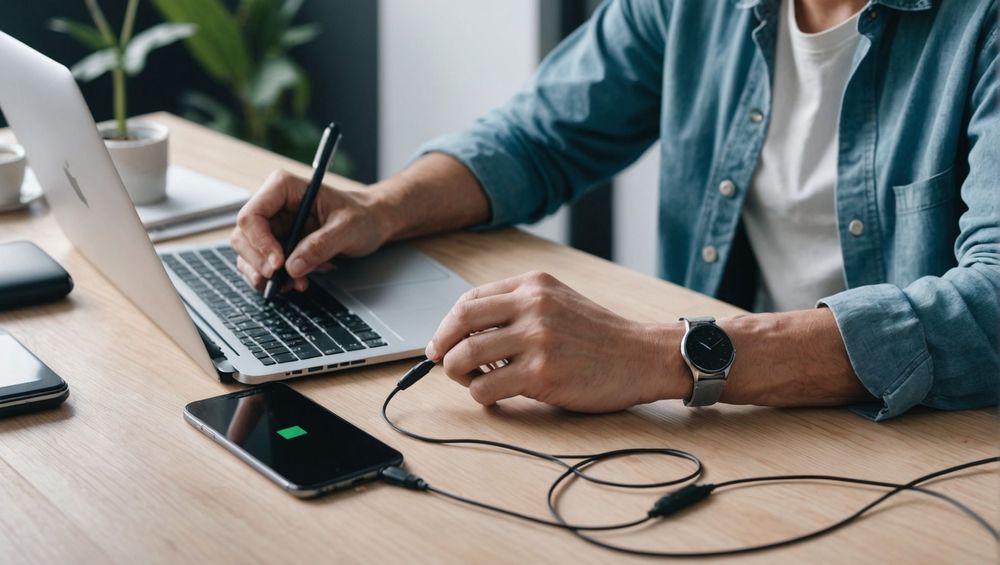
USB-C chargers are taking the charging world by storm, becoming increasingly popular due to their versatility and speed. The reversible connector allows users to plug it in either way, making it user-friendly. USB-C supports power delivery (PD), which enables faster charging capabilities, potentially delivering up to 100W of power for compatible devices, including laptops, tablets, and smartphones.
Moreover, the USB-C standard supports data transfer as well, making it ideal for transferring files quickly. Its broad compatibility means you can charge and connect various gadgets using the same cable, making it a convenient choice on the go. When purchasing a USB-C charger, always make sure it’s certified to avoid issues like overheating or slow charging.
3. Lightning Chargers
Apple’s Lightning chargers specifically cater to its ecosystem, including iPhones and iPads. The Lightning connector is narrower compared to USB-A and includes an Apple authentication chip that ensures that only certified accessories work with Apple devices. Lightning chargers support fast charging, typically reaching speeds up to 18W with the appropriate wall adapter, allowing users to charge their devices quickly.
While using a Lightning charger offers benefits, it’s essential to note that these chargers are exclusive to Apple products. This raises compatibility concerns for users who own multiple devices across different brands. However, because of their efficiency and quick charging capabilities, Lightning chargers remain popular among Apple users.
4. Micro-USB Chargers
Micro-USB chargers have been a common charging solution for many Android devices and accessories for years. Although they are being phased out in favor of USB-C, they’re still prevalent in many budget smartphones, e-readers, and wireless devices like headphones. The micro-USB connector is similar in size to a standard USB-A connector but much smaller, which makes it ideal for compact devices.
Charging speed with micro-USB typically ranges from 5V/1A to 5V/2.4A. While they do not support fast charging as efficiently as USB-C or Lightning, many devices can still charge at an acceptable rate. Users should take care when selecting a micro-USB charger, as some cheaper variations may not offer the durability or efficiency one would expect.
5. Wireless Chargers
Wireless chargers represent the latest trend in charging technology, allowing users to charge their devices without the hassle of cords. Utilizing electromagnetic fields to transfer energy, wireless chargers offer a convenient option for those looking to reduce cable clutter. However, these chargers typically produce less power than traditional wired chargers, with speeds often capped at around 10-15W for compatible devices.
One of the key benefits of wireless chargers is their ease of use; all you have to do is place your device on the charging pad, and charging begins. Nonetheless, for optimal performance, ensure your device supports Qi wireless charging—an industry standard for wireless charging. Wireless chargers are not just trendy; they also contribute to reducing wear on charging ports, potentially extending the longevity of your devices.
Conclusion
Understanding the various phone charger types available in the market can significantly enhance your tech experience. From traditional USB-A options to the latest wireless chargers, knowing each type’s strengths and compatibility will empower you to make the best choice for your devices. Ensure to take charging speeds, durability, and design into account when selecting your charger to maximize its utility. Always remember that a good charger can help prolong your device’s lifespan while enhancing everyday performance.
FAQs
1. Can I use a USB-C charger for my smartphone that uses a micro-USB port?
No, a USB-C charger is not compatible with micro-USB devices. You will need a micro-USB charger or an adapter to convert the connection.
2. Do all wireless chargers charge at the same speed?
No, wireless charging speeds can vary based on the charger’s power output and the device’s compatibility. Ensure your charger meets your device’s requirements for faster charging.
3. Is it safe to leave my phone on a wireless charger overnight?
Yes, most modern wireless chargers are equipped with safety features such as overcharging protection, allowing for safe overnight charging.
4. How do I know if a charger is certified?
Look for certification labels like “MFi” for Apple products or “USB-IF” for general compatibility on packaging and product descriptions to ensure you purchase a certified charger.
5. What type of charger is best for fast charging?
USB-C chargers are generally the best option for fast charging due to their higher power delivery capabilities, but ensure your device supports this feature for optimal results.
